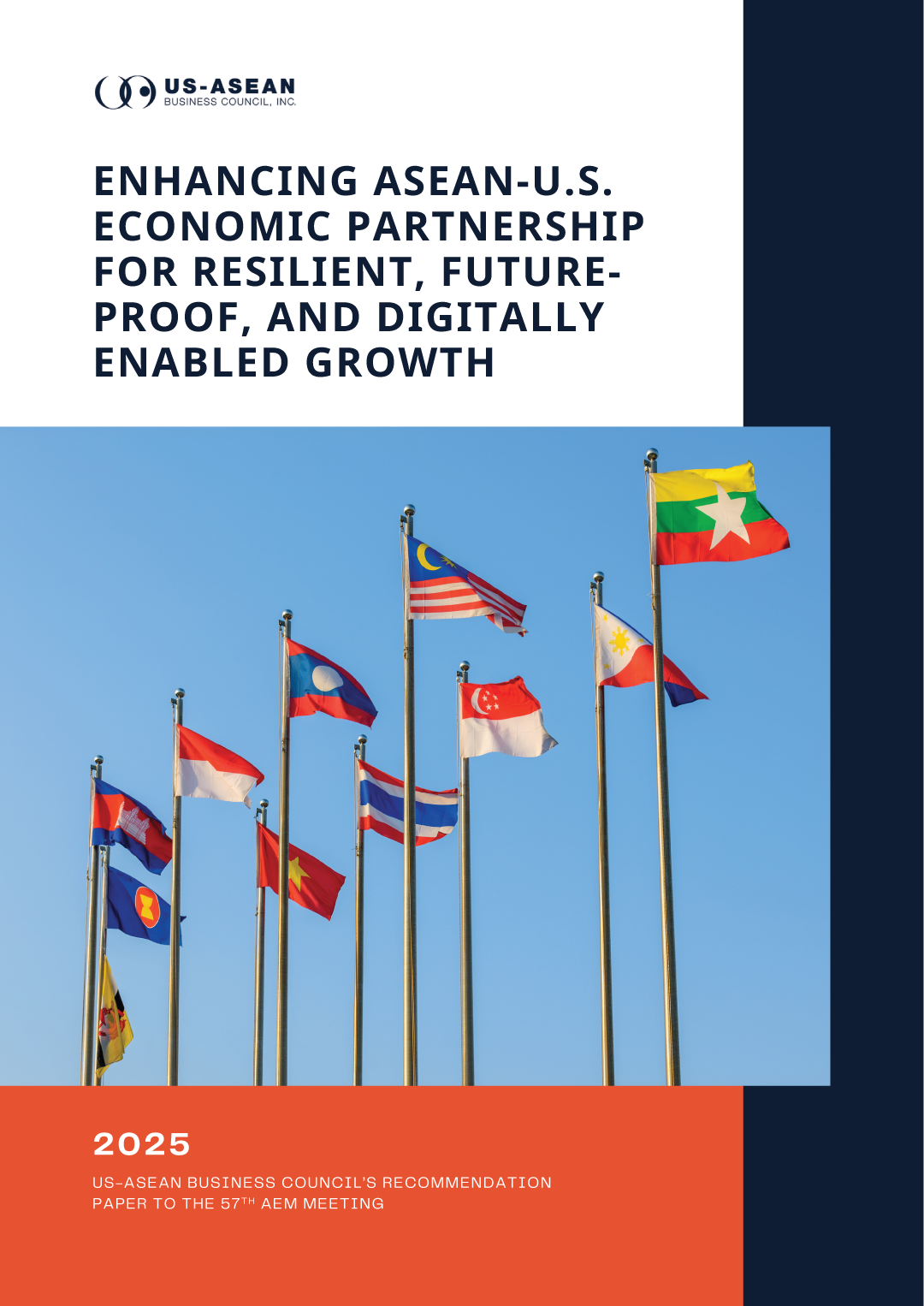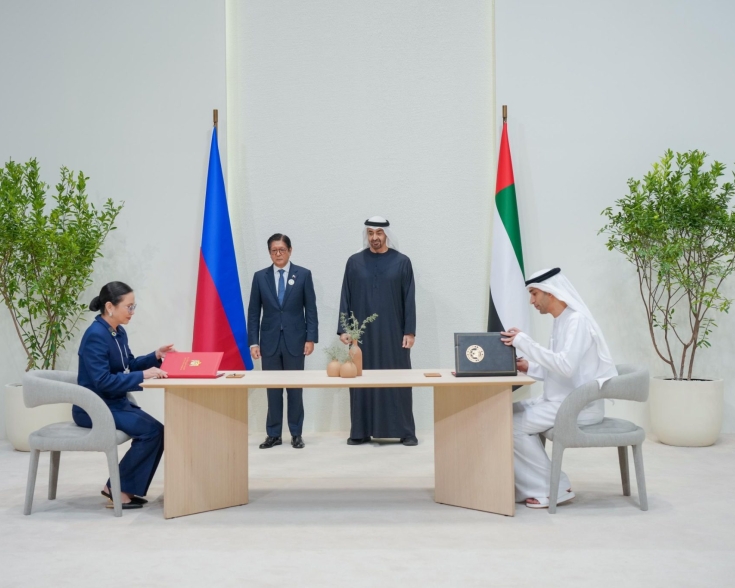Malaysia’s AI Ambitions Clash with Trump’s Tariff Policy
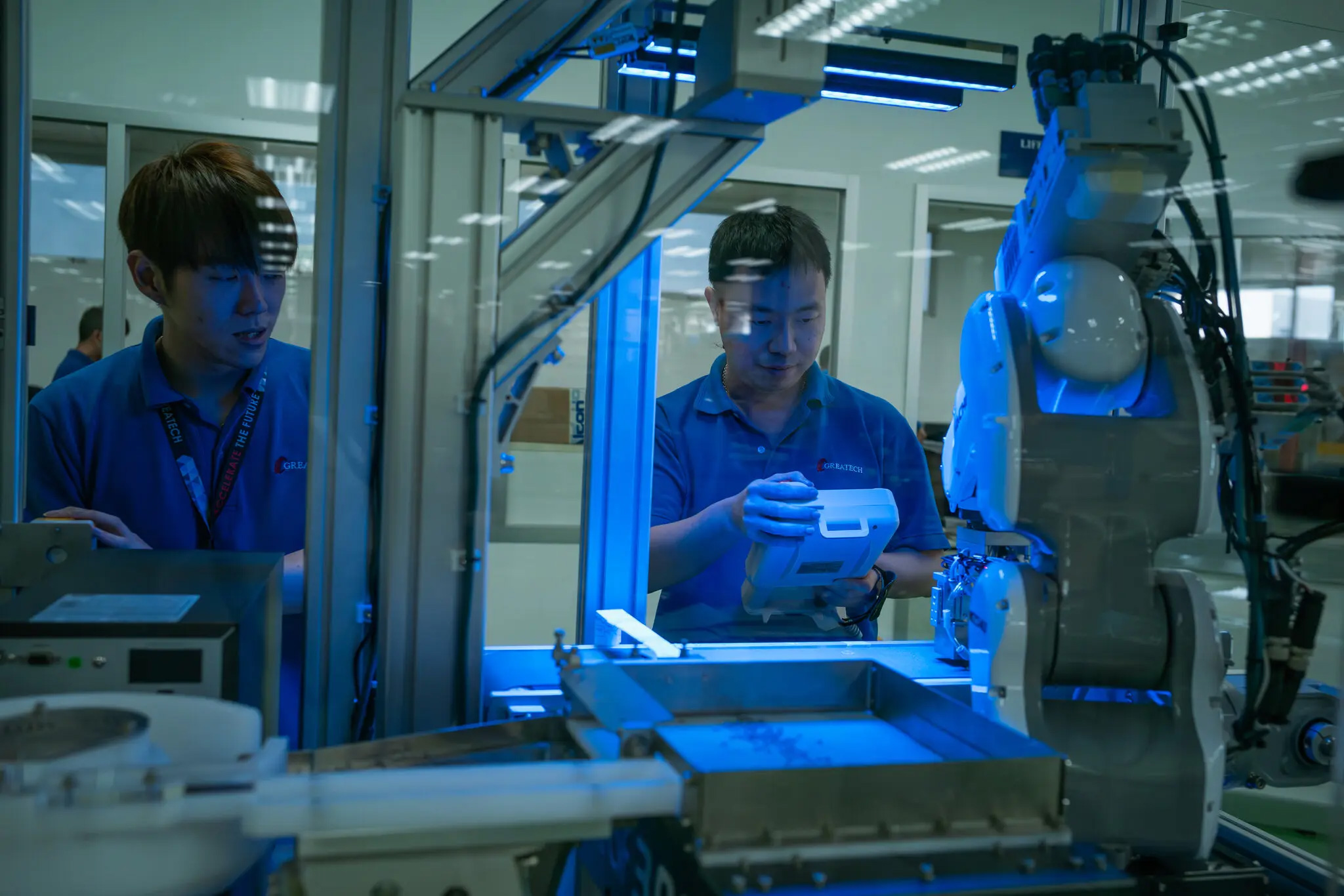
Malaysia’s efforts to transform itself into a global hub for chipmaking and AI development are facing uncertainty due to the U.S. 10% baseline tariff, a suspended 24% levy, and broader import duties which are currently under negotiation. These measures risk disrupting Malaysia’s strategy to shift from semiconductor assembly to high-value design and fabrication work, a cornerstone of its Digital Economy Blueprint and National Industrial Masterplan 2030.
While Malaysia has positioned itself as a neutral and reliable partner in global tech supply chains, the shifting trade environment is already prompting exposure reassessments. Around two-thirds of the country’s electronics and electrical exports originate from American firms operating locally, despite recent claims that Chinese manufacturers are using facilities in ASEAN countries to circumvent tariffs. It’s safe to say that trade restrictions have introduced cost concerns and geopolitical complications across the board, particularly if the Trump Administration decides to implement sectoral tariffs on specific industries such as semiconductor chips. In response, Malaysia has launched multiyear initiatives to develop domestic chip design capacity and build digital infrastructure to support AI and emerging technologies.
Tariff volatility could delay product development, reduce capital spending, and lead to shifts in production strategies. Some U.S. manufacturers have begun exploring how to reshape their operations in Malaysia to ensure supply chain resilience amid growing geopolitical friction. Malaysia, meanwhile, continues to emphasize its commitment to transparent, rules-based trade and its intent to climb the tech value chain through innovation, workforce development, and public-private partnerships. This intent is made clear and well-signaled by Malaysia’s Trade Minister Tengku Zafrul Aziz’s repeat visits to Washington for negotiation. Navigating this period of uncertainty will be critical if Malaysia is to preserve its role as a competitive player in the global semiconductor and AI ecosystems.



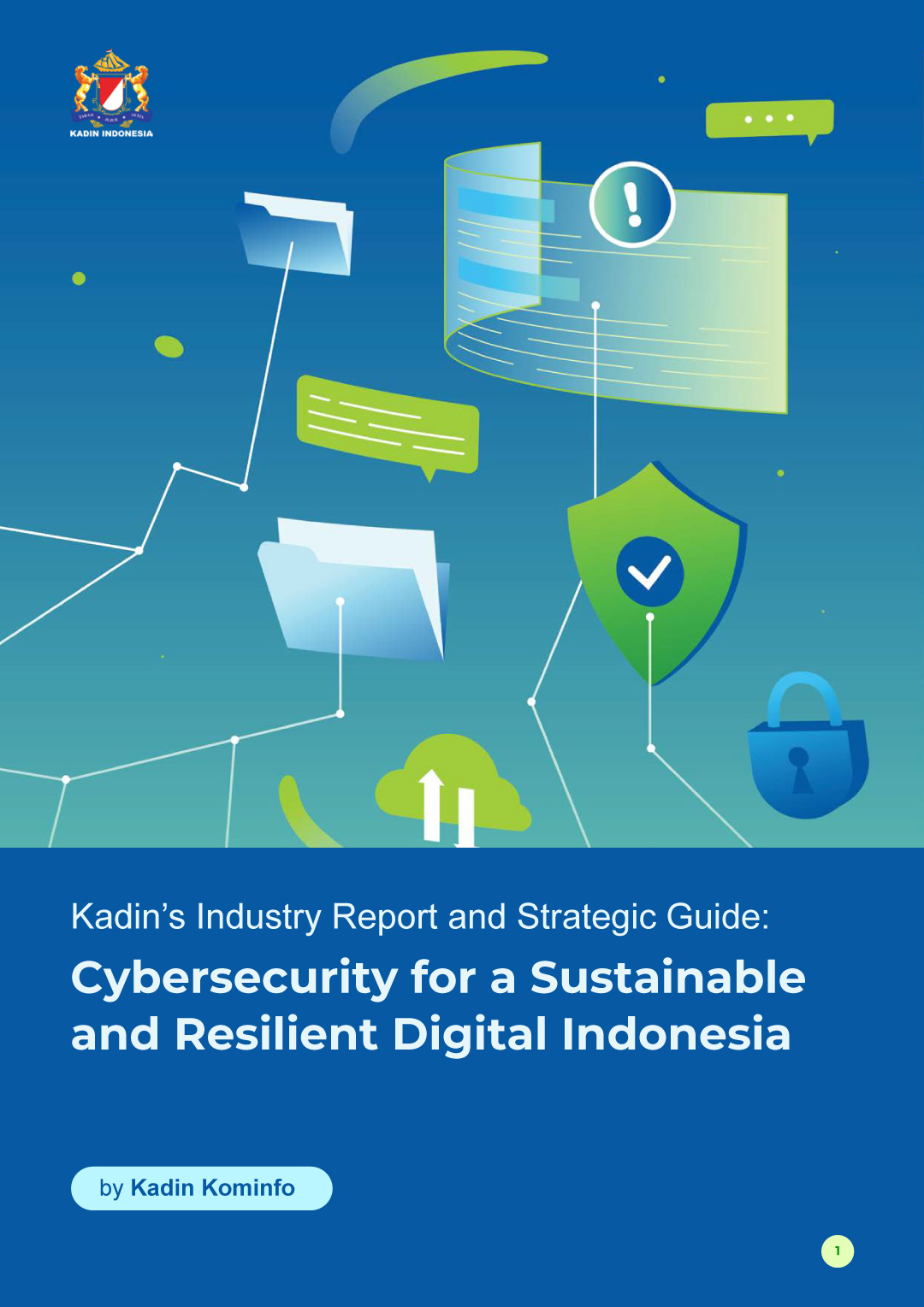
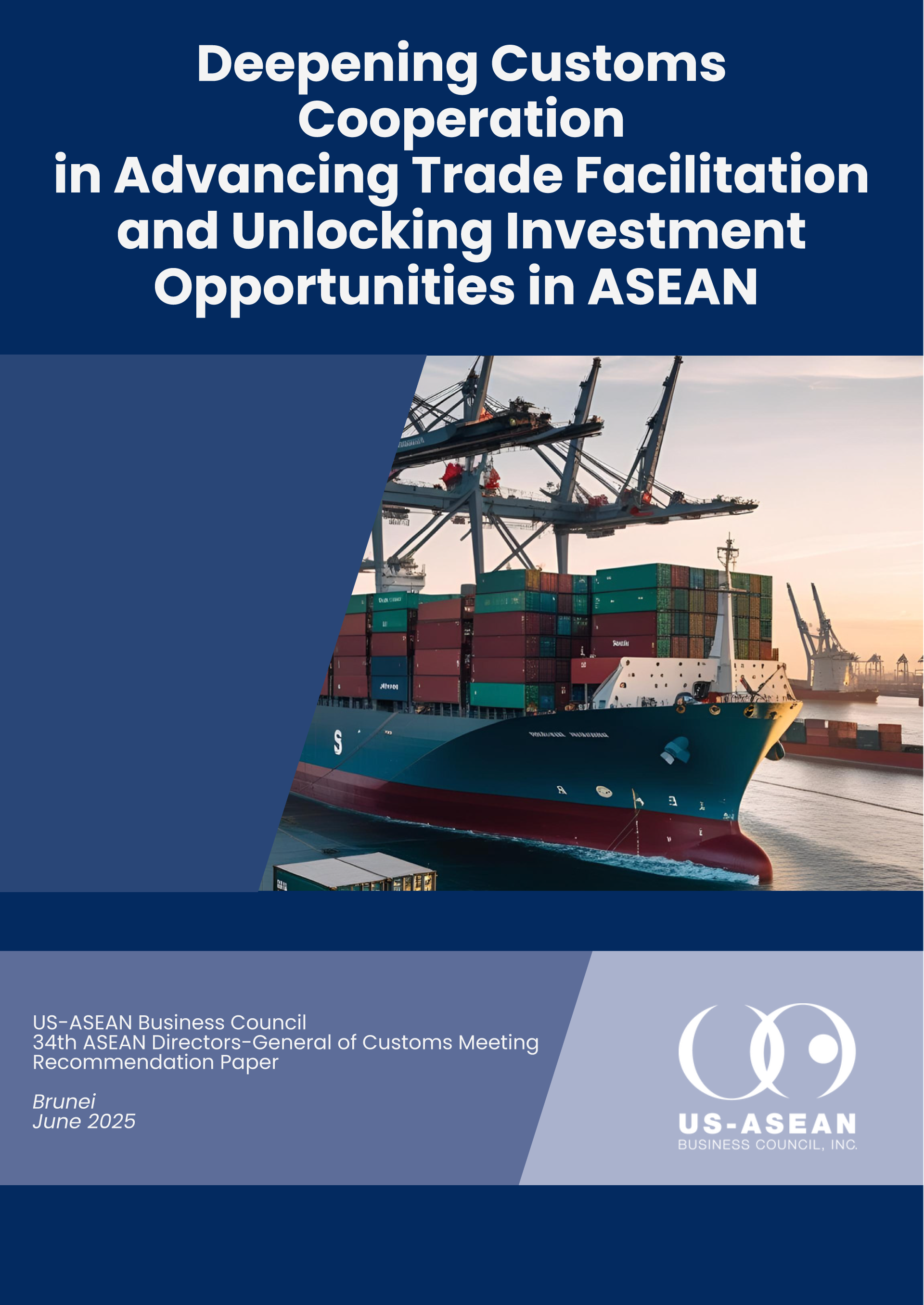
![Cover-[USABC-Final]-Driving-ASEAN-Unity-Malaysia's-Vision-for-2025](/sites/default/files/2025-07/Cover-%5BUSABC-Final%5D-Driving-ASEAN-Unity-Malaysia%27s-Vision-for-2025.jpg)
